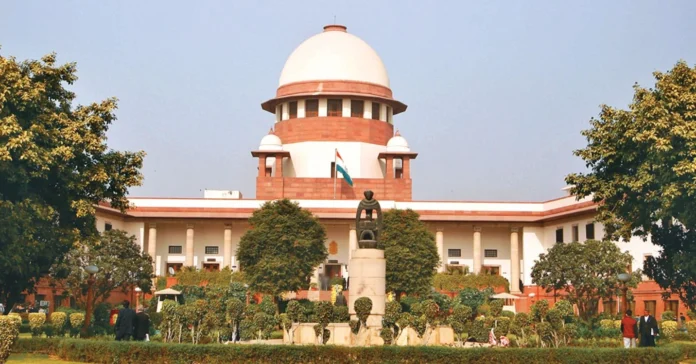The Union of India on Wednesday apprised the Supreme Court that though waqf was an Islamic concept, it was not an essential part of Islam and since waqf boards discharged secular functions, the inclusion of non-Muslims in waqf boards was permissible.
Appearing for the Central government before the Bench of Chief Justice of India (CJI) BR Gavai and Justice Augustine George Masih, Solicitor General (SG) Tushar Mehta said that charity was part of every religion.
It was part of Christianity also, but the Supreme Court said it was not an essential part. Hindus have a system of daan, Sikhs also have (charity). However, it was not an essential part.
Speaking about the functions of the waqf board, the SG said it’s functions included managing waqf properties, ensuring that accounting was proper, and that the accounts were audited.
These were purely secular functions. Waqf board was not touching upon any religious activity of any of the waqf. Having a maximum of two non-Muslim members would not change any character, he added.
The Bench was hearing a batch of petitions challenging the constitutional validity of the Waqf (Amendment) Act, 2025.


